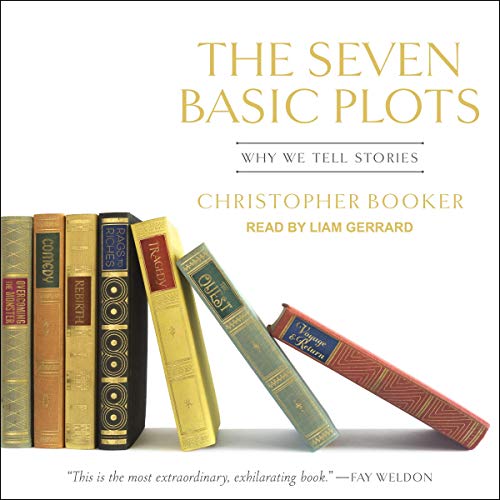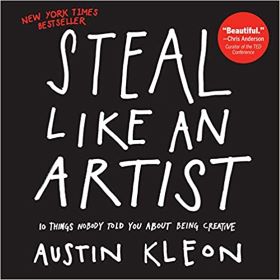“If you don’t have time to read, you don’t have the time (or the tools) to write. Simple as that.”
— Stephen King
A friend recently said she cannot read someone else’s book when she is writing. Jokingly, I asked her if she could walk and chew gum at the same time. . . two different sets of muscles. Reading and writing are two totally dissimilar tasks, and frankly, one should aid the other.
You may think that your writing is just yours, on this lone little path, with no need for outside influence. As a matter of fact, you may feel outside influence will hurt your story, or make you stray from your thoughts.

Who says your thoughts are all on target? Or, more, who says your story isn’t in need of improvement? Who says the book you are reading can’t more clearly define what you are trying to say in Chapter 13? Why can’t one character’s reaction spin your thoughts into a better direction for your own character?
Author Christopher Booker wrote a well-known book titled The Seven Basic Plots: Why We Tell Stories. Georges Polti authored The Thirty-Six Dramatic Situations, to categorize every dramatic situation that might occur in a story or performance. Writers study these lessons, and attempt to apply them to their own work, but then fall short of reading creative works to see how they might have been applied.
Reading another creative work while you are writing your own is no different than studying a textbook while writing your term paper. It’s incentivizing your writing. It gives more meaning, maybe better interpretation to your words to see how others have applied language.
We all know how it goes when someone tells a story to a friend, and then the friend tells another, then the friend tells another. Each time the story is different. The bones may be the same, but each story takes on a different flavor, takes a different direction, emphasizes a different lesson, maybe even creates different characters. No two storytellers tell a story alike.
You cannot accidentally plagiarize. But you can read something you like and mold it into a different animal. Every writer does that whether they admit it or not.

Austin Kleon wrote Steal Like an Artist, given to me by a good writing friend who knows how I feel about what is and isn’t plagiarism. I loved the book. It’s small, easily read, but if you take the time to dissect it, it’s jam packed with wisdom about the very subject of this editorial. Read it.
And if you do not believe me, consider someone more famous and profound:
“Immature poets imitate; mature poets steal; bad poets deface what they take, and good poets make it into something better, or at least something different. The good poet welds his theft into a whole of feeling which is unique, utterly different from that from which it was torn.” ~T.S. Eliot
I have learned so much about writing fiction from reading novels, not just those that are well-written but also those that show how NOT to write. And now in a challenging revision process (4th, and a long literary novel), analyzing how other writers have successfully dealt with similar structural or other craft issues is extremely helpful. But I have noted one issue that seems to have developed as a result of my reading other novelists’ works as I’ve been writing mine: I have tended, at times, to unconsciously absorb and apply the voice of other writers to my work, thus making my own voice inconsistent and less authentic. Not always, but it’s happened. Maybe it’s just me, since I’m also a person who has been known to on occasion and totally unaware start talking with similar inflections, even accents, of people I am having a conversation with. Subtly, but still . . .
Sounds like you know whether or not you are doing it, though. You’d identified the problem and can avoid it.
Well, hopefully. Sometimes, because the intrusion of the other’s voice is more subtle than glaring, I think I sense it but can’t quite get a handle on where it begins and ends, especially because I’ve read and reread the material so many times I can almost recite it verbatim–almost (my first draft came in at 600+ pages, so I’m doing a lot of whittling).
Love your newsletters, by the way. So much good information!